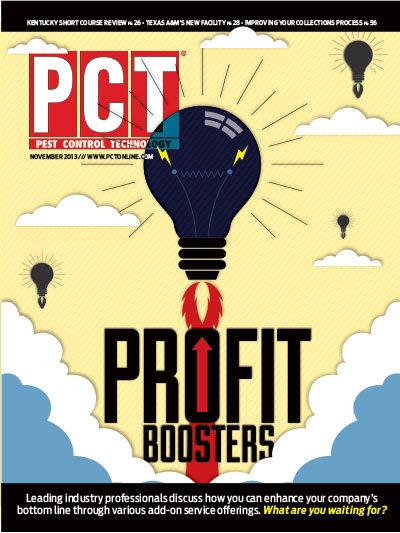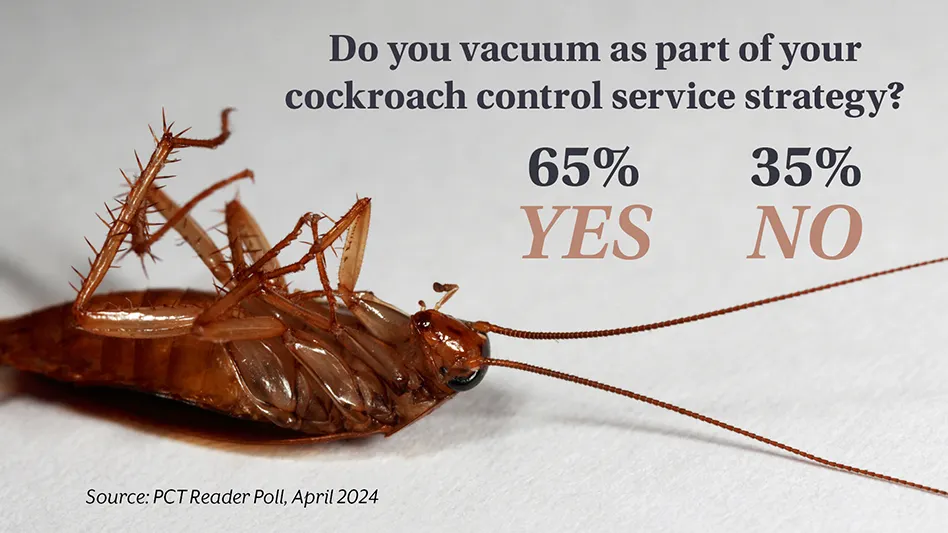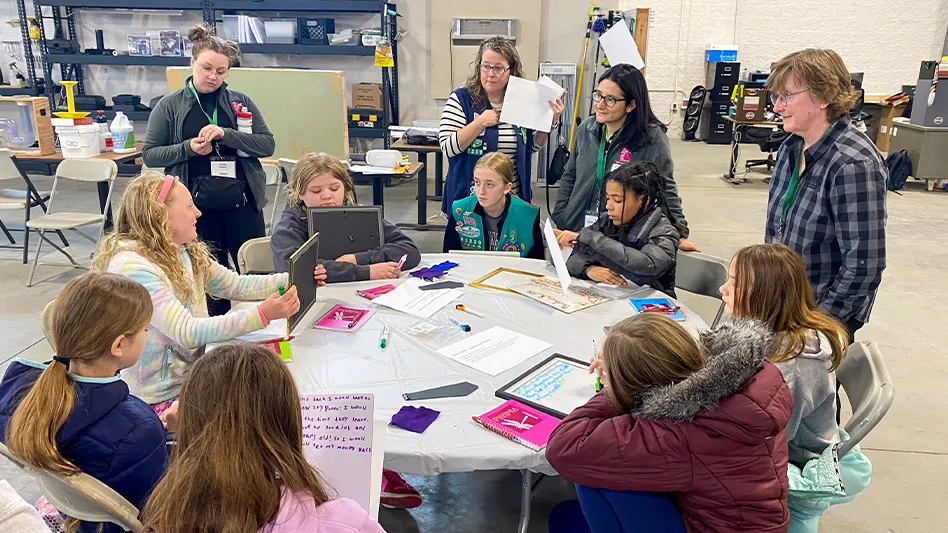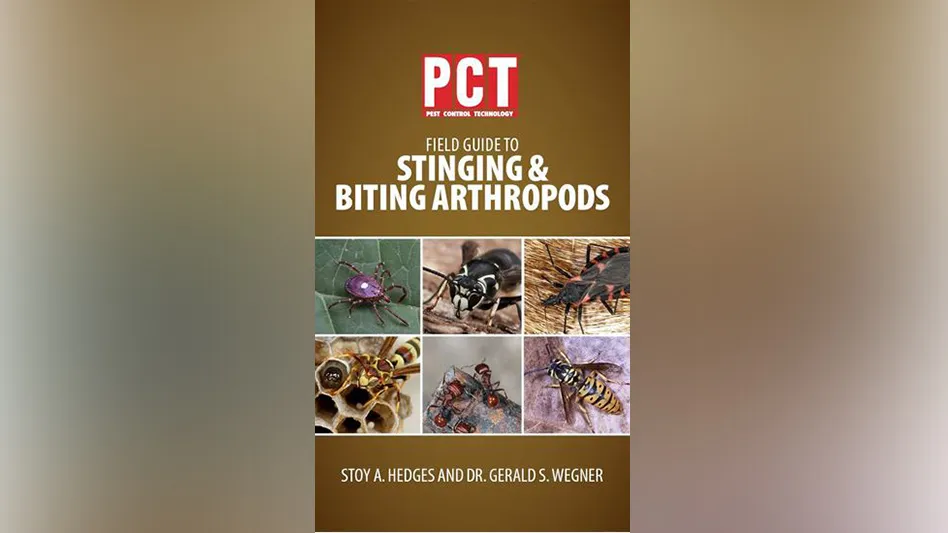One of the more unfortunate pest-related stories this past year was the death of a 13-year-old Texas boy who suffered a severe allergic reaction after being stung by fire ants.
Cameron Espinosa, an eighth grade student at Haas Middle School in Corpus Christi, Texas, died on Sept. 16, after spending several days in an induced coma because of swelling in his brain, Driscoll Children’s Hospital officials told ABC News. According to reports, Espinosa and his football teammates were huddled during halftime of a game when he began to scream, “Ants! Ants!” A coach ran over and attempted to squirt the ants off Espinosa’s legs using a water bottle shortly before he lost consciousness and collapsed on the field, according to a spokeswoman for the school.
PCT Editor Jodi Dorsch, in the wake of this tragic event, emailed me an article from NBC News about how Espinosa’s death re-opened the debate about EpiPens in school (visit http://nbcnews.to/1aLIYeC ). The article noted that Espinosa may have been saved if he had access to an EpiPen, a brand of the injectable form of epinephrine, which drives adrenaline into the person suffering an allergic attack.
I’m glad I took a moment to read the article, which also included helpful information about EpiPen usage. For example, Dr. Talal Nsouli, a fellow of the American College of Allergy, Asthma and Immunology, noted that even if an EpiPen is at hand, it needs to be used immediately — there’s no time to waste trying to read and understand the instructions for the first time. The longer you wait, the less effective the EpiPen will be, Nsouli said. This information was an eye-opener for me. You see, I am one of the estimated 3% of humans who have a severe bee allergy. I was stung by a bee once at an amusement park and I went into anaphylactic shock. I’m thankful to the alert member at the park’s First-Aid Station who recognized my symptoms and called for an ambulance, which took me to a nearby hospital for treatment. In the wake of this incident I was prescribed an EpiPen, which I regularly carry with me. However, I was never provided with any information on how the EpiPen works, nor was I given instructions on how to use the EpiPen. I kept one EpiPen in my car’s glove compartment; one in my Dopp kit; and one in my wife’s purse. I figured that way I was always in proximity to the EpiPen (e.g., the EpiPen in the glove compartment would be close-by should I get stung on the golf course). This is a common mistake that could have proved fatal. As Nsouli noted, “The big problem that we have is that patients and people do not take this topic seriously. They think that if there is an emergency, that they have time to call 911, that they have time to go to CVS and get the Benadryl, that they have time to go to the doctor, or that they have time to go to the house and get the EpiPen. This is a big mistake, because when anaphylaxis occurs, it is a life-threatening condition. The blood pressure will drop, the throat will start to close and the end result can be death.”
Prior to reading that article, quite candidly, I was taking foolish chances simply because I lacked knowledge. It also got me thinking more about the important role pest management professionals play in protecting public health — specifically when it comes to controlling stinging pests such as fire ants, wasps and bees. I know many PMPs who do a fantastic job controlling these pests, but how many think to take that extra step and ask the homeowner if any family members have insect allergies? And, how many follow up that question by suggesting to the homeowner that he or she consult with the family physician about what precautions to take in dealing with stinging insects? While the role of the PMP is not to offer medical advice, this dialogue can give homeowners “food for thought” and it also provides pest management professionals with an additional opportunity to prove themselves as protectors of public health.
The author is Internet editor and managing editor of PCT magazine and can be contacted at bharbison@giemedia.com.

Explore the November 2013 Issue
Check out more from this issue and find you next story to read.
Latest from Pest Control Technology
- Gaining Control of Structure-Infesting Carpenter Ants
- Big Blue Bug’s Brian Goldman Receives Rhode Island Small Business Person of the Year Award
- UF Researchers Examine How Much Bait it Takes to Eliminate a Subterranean Termite Colony
- Women in Pest Control Group Continues to Grow, Provide Opportunities in the Industry
- NPMA Announces Results of 2024-2025 Board of Directors Election
- Massey Services Acquires Orange Environmental Services
- Hawx Pest Control Wins Bronze Stevie Award for Sustainability
- Abell Pest Control Highlights Growing Tick Activity Across Canada





